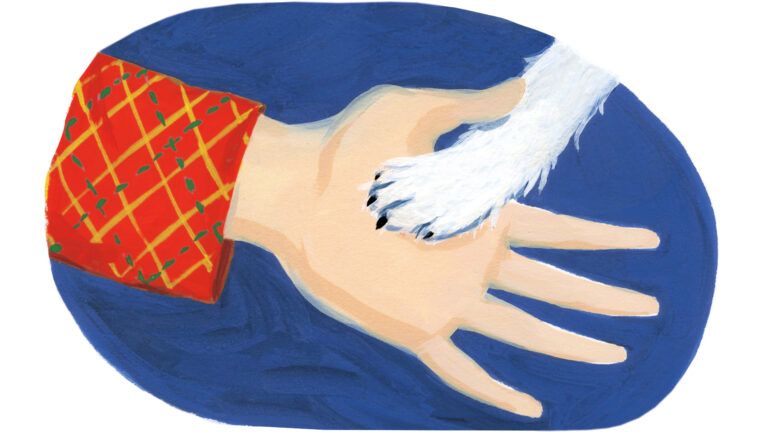I had to have a few medical tests last week and at first I figured I just wouldn’t tell anybody about it. Go underground. Not bother them. Didn’t want anybody to accuse me of T.M.I.
I mean, if you tell somebody about a test then you have to tell them how it went and what if there are further tests, you’ll have to tell them about those too? How tiresome.
But medical tests can be worry-making and scary and as the date arrived, I found myself sharing with a few colleagues and friends. Just a few.
“Aren’t you going to tell your siblings?” my wife texted me.
“No. I’ll wait till it’s over and then I can give them the results.”
“WHAT? You’re not even going to give them a chance to pray for you?”
Read More: What’s the Point of Prayer?
Seeing it like that on my phone did give me pause. Here I’ve written a book called Pray for Me (coming out in September) and yet I would be hesitant about asking for prayers. Physician, heal thyself!
It occurred to me that the powerful dynamic in asking for prayers is that you have to admit your own vulnerability. That’s really hard sometimes–especially if you’re worried or scared.
On the other hand, that’s exactly what will help anyone in praying for you. A connection is made. Care and concern come back at you. The person praying for you is filled with compassion…and that compassion itself is a prayer.
I think Jesus had this in mind when He said, “For where two or three gather in my name, there am I with them.”
We’re not meant to be alone in our most vulnerable times. We should never be scared of sharing that.
I took my phone with me during the tests, asking for prayers, receiving prayers and then lying on a gurney in the recovery room typing, “Good news! The doc says everything looks fine…”
The report was good, reassuring and encouraging. But it all started with a willingness to be honest and vulnerable. Not just with God but with others too.
That’s the power behind the simple phrase, “Pray for me.” The good work of prayer happens right there at the start.






